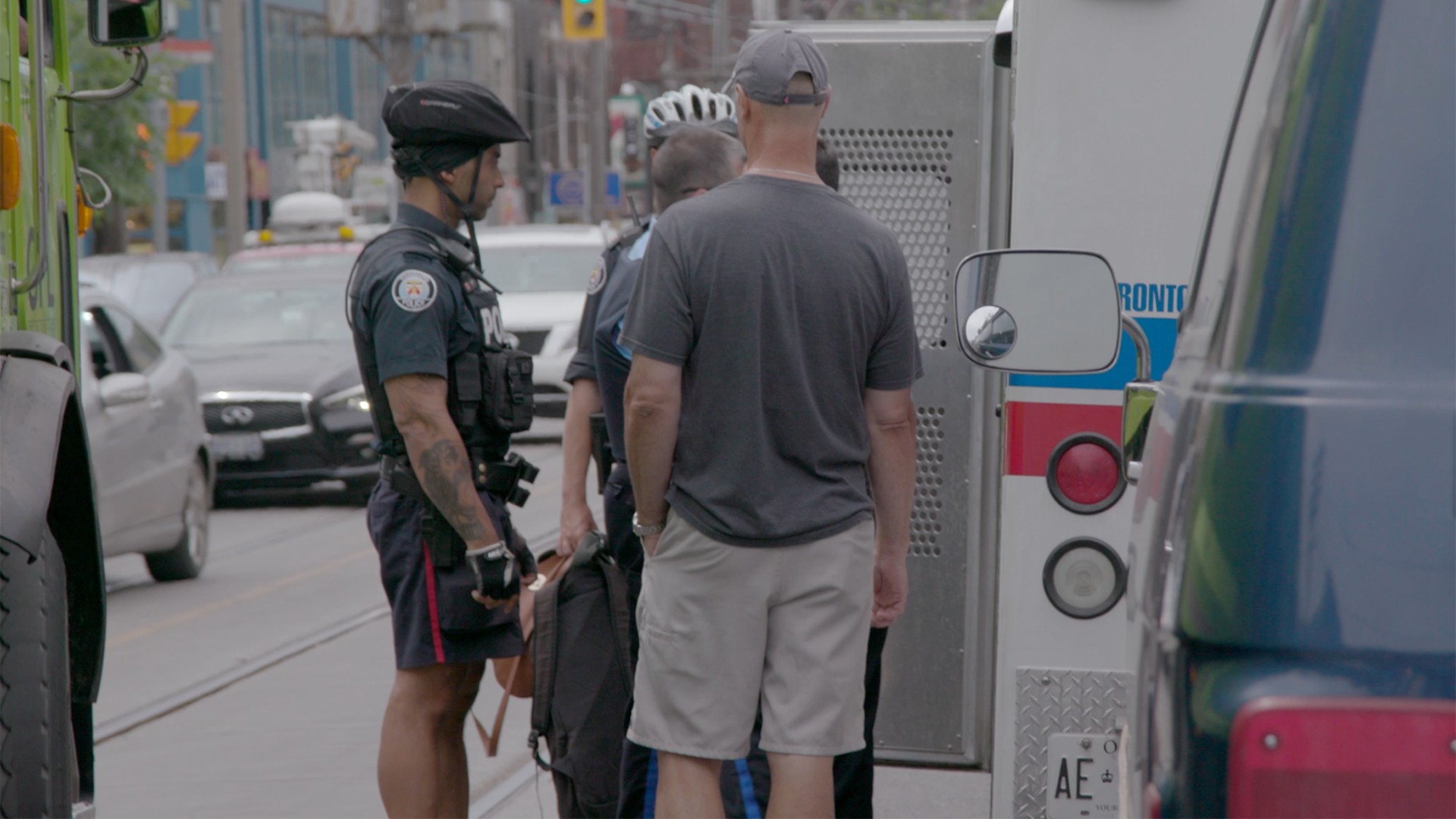British Columbia, home to Canada’s largest illicit weed market, announced proposed legislation on Thursday for its non-medical cannabis market. It’s the latest province to put forward its desired legal retail framework as the federal government moves towards implementing its recreational weed law in the coming months.Two new bills will regulate the distribution and retail side of BC’s legal cannabis market, while amendments to motor vehicle laws will dictate the rules around drug-impaired driving, including giving police more resources to remove high drivers from the road.If passed, the Cannabis Distribution Act will give the province’s liquor branch exclusive rights over wholesale cannabis distribution. Like in Ontario, the liquor branch will offer online and public standalone storefront sales. Unlike in Ontario, private storefronts will also be allowed to apply for licenses to sell recreational cannabis.“This marks a major milestone,” Mike Farnworth, BC’s Minister of Public Safety and Solicitor General, told a news conference. He said these regulations will likely be revisited in the future, after the federal government implements its own law, which is still making its way through Parliament. Edibles, for example, won’t be legalized federally until at least a year after legalization. “That will impact the regulations and so we will have the ability to deal with that when it’s legalized,” Farnworth said.The province has frequently been at the forefront of progressive approaches to illicit drugs, especially when it comes to weed. Cities across BC had already been granting business licenses to illegal dispensaries, before the federal government even tabled its recreational cannabis legislation. Many dispensaries continue to operate without any licenses, and Farnworth said a unit within his office will have the mandate to “go after illegal operations.” But existing illegal dispensaries will have an opportunity to apply to enter the legal fold.Farnworth explained that local governments will be able to decide the number of cannabis storefronts in each community.Other restrictions in BC will include limiting recreational cannabis possession to adults over 19 years old, capping possession at 30 grams, and allowing cannabis use in public spaces where it’s already legal to smoke tobacco. This is also in contrast to Ontario, which has confined all non-medical cannabis consumption to private homes.Breaking any of the province’s regulations could include administrative penalties such as fines up to $100,000, or jail terms ranging from three to 12 months.
“That will impact the regulations and so we will have the ability to deal with that when it’s legalized,” Farnworth said.The province has frequently been at the forefront of progressive approaches to illicit drugs, especially when it comes to weed. Cities across BC had already been granting business licenses to illegal dispensaries, before the federal government even tabled its recreational cannabis legislation. Many dispensaries continue to operate without any licenses, and Farnworth said a unit within his office will have the mandate to “go after illegal operations.” But existing illegal dispensaries will have an opportunity to apply to enter the legal fold.Farnworth explained that local governments will be able to decide the number of cannabis storefronts in each community.Other restrictions in BC will include limiting recreational cannabis possession to adults over 19 years old, capping possession at 30 grams, and allowing cannabis use in public spaces where it’s already legal to smoke tobacco. This is also in contrast to Ontario, which has confined all non-medical cannabis consumption to private homes.Breaking any of the province’s regulations could include administrative penalties such as fines up to $100,000, or jail terms ranging from three to 12 months.
Advertisement
